The Kentucky-Louisville rivalry is one of the most heated and storied matchups in college football, and it has been an integral part of both programs’ traditions for years. The annual clash between the Kentucky Wildcats and the Louisville Cardinals transcends just football—it’s a cultural event in the Bluegrass State. Fans of both teams mark the rivalry game on their calendars as a must-watch, with bragging rights on the line every year. With changes on the horizon for college football, particularly with the Southeastern Conference (SEC) potentially expanding its schedule to nine conference games, the future of this rivalry has come into question.
Kentucky head coach Mark Stoops, a native of the state and a long-time supporter of the Wildcats, has made it clear that he wants to keep the Kentucky vs. Louisville rivalry intact, even if the SEC moves to a nine-game conference schedule. This stance has garnered attention in light of the evolving landscape of college football, as many programs across the country are evaluating the impacts of expanded schedules, conference realignments, and the potential for increased postseason games.
In this blog post, we’ll explore why Mark Stoops is so passionate about maintaining this rivalry, the challenges posed by a potential nine-game SEC schedule, and the broader implications of keeping the Kentucky-Louisville game alive in a changing college football landscape.
### The Kentucky-Louisville Rivalry: A Cultural Touchstone
The Kentucky-Louisville rivalry has been a fixture in college football for decades. The game began in 1912 and has grown into one of the most anticipated matchups each season. The rivalry is defined not just by the action on the field, but by the pride and passion of the fan bases. It pits the Wildcats of the University of Kentucky, located in Lexington, against the Cardinals of the University of Louisville, situated just 80 miles down the road in Louisville. For many fans, this is more than a game—it’s a deep-rooted competition between two programs that represent different parts of the state.
Every year, the winner of the rivalry game earns bragging rights for the entire state of Kentucky, and both schools often use the game as a measure of success. With both schools relatively close geographically, the recruiting battles that occur in-state are amplified by the rivalry, as players often decide between one of the two programs. Additionally, the game has major implications for the postseason, as both teams often enter the rivalry game with the hopes of solidifying a bowl berth.
Historically, the rivalry has seen its fair share of dramatic moments, from last-minute victories to dominant performances. But beyond the scoreboard, the game has become a symbol of Kentucky’s rich sports culture and a must-see for college football fans in the state and beyond.
### The SEC’s Potential Move to 9 Conference Games
As college football continues to evolve, one of the most significant developments has been the conversation surrounding expanded conference schedules. The SEC, one of the premier football conferences in the country, has long been known for its demanding eight-game conference slate. However, with the impending arrival of Texas and Oklahoma to the SEC and the growing sentiment that a nine-game conference schedule would be a better test of teams’ depth and ability, discussions about shifting to a nine-game schedule have become more serious.
A nine-game SEC schedule would create a number of logistical challenges for schools in the conference, particularly when it comes to non-conference games. As it stands, most SEC teams play four non-conference games each season, with some of those contests including high-profile matchups that draw in national attention. The addition of another conference game would likely force teams to drop one of their non-conference opponents.
This change poses a significant dilemma for many schools, including Kentucky, which values its annual rivalry with Louisville. If the SEC moves to a nine-game schedule, teams would likely be forced to re-evaluate their non-conference schedules, and many schools, including Kentucky, could be faced with the difficult choice of whether to continue playing traditional rivalry games like the one against Louisville.
### Mark Stoops’ Commitment to the Rivalry
Mark Stoops, who has been at the helm of Kentucky football since 2013, has long been a staunch advocate for the Kentucky-Louisville rivalry. For Stoops, this game isn’t just a tradition; it’s a vital piece of what makes Kentucky football special. As a coach who understands the significance of in-state recruiting and the passion that both fan bases bring to the table, Stoops has repeatedly emphasized the importance of keeping the rivalry alive, no matter what changes may come to the college football landscape.
Stoops recently voiced his concerns about the potential impact of a nine-game SEC schedule on non-conference games. He made it clear that he wants the Kentucky-Louisville rivalry to continue, regardless of what the SEC decides in terms of scheduling. Stoops has been vocal about the rivalry’s importance, not just for Kentucky football, but for the state as a whole. He recognizes that the game is a major recruiting tool and an event that unites fans across Kentucky, whether they’re cheering for the Wildcats or the Cardinals.
In a recent interview, Stoops made it known that he would do everything in his power to ensure the game stays on the schedule, even if it means making adjustments to other non-conference games. His passion for the rivalry is evident, as he understands that it adds a unique element to the Kentucky football experience—something that is often absent when schools across the country become embroiled in conference realignments and scheduling changes.
Stoops has emphasized that the rivalry game provides both teams with an opportunity to make a statement at the end of the season, whether they’re in the hunt for a bowl game or simply looking to finish the year strong. The game also provides an emotional lift for players and fans alike, giving them a chance to end the season on a high note.
### Challenges of Maintaining the Rivalry
Despite Stoops’ commitment to the Kentucky-Louisville rivalry, there are significant challenges ahead if the SEC does move to a nine-game schedule. For one, the added conference game would put a greater strain on teams’ already packed schedules, leaving little room for a high-profile non-conference rivalry game. Additionally, with the addition of Texas and Oklahoma to the SEC, the competition for scheduling slots would increase, as teams will have to prioritize their conference matchups.
Some SEC teams may be less enthusiastic about keeping non-conference rivalries in place, particularly those that are not as high-profile or regionally significant. For programs like Kentucky, which rely on in-state rivalries to generate excitement and fan engagement, the loss of the Louisville game could be devastating to both the fan base and recruiting efforts.
Stoops understands these challenges, but his determination to keep the rivalry intact underscores just how important it is for the Kentucky football program. He recognizes that the game with Louisville is not just about football—it’s about the cultural identity of Kentucky sports. If the rivalry were to be lost, it would be a significant blow to the state’s football landscape and would take away one of the most anticipated matchups of the season for both fans and players alike.
### The Bigger Picture: College Football’s Changing Landscape
Stoops’ push to keep the Kentucky-Louisville rivalry alive is part of a larger conversation about the changing landscape of college football. With the introduction of NIL (Name, Image, and Likeness) deals, the College Football Playoff expansion, and the ongoing realignment of conferences, the future of college football is increasingly unpredictable. However, Stoops’ stance shows that while change is inevitable, some traditions—like the Kentucky-Louisville rivalry—are worth fighting for.
As college football continues to navigate these changes, preserving these traditional rivalries will be a key point of contention for many coaches, players, and fans. Rivalries like Kentucky vs. Louisville represent the heart of college football, providing programs with a sense of pride, history, and community.
### Conclusion
Mark Stoops’ desire to keep the Kentucky vs. Louisville rivalry intact, even if the SEC moves to a nine-game conference schedule, is a reflection of his deep commitment to the traditions of college football. For Stoops, the rivalry represents much more than just a game—it’s a cultural touchstone for the state of Kentucky and an integral part of the Wildcats’ football identity. While challenges remain regarding scheduling and conference realignments, Stoops’ efforts to preserve the rivalry highlight the importance of maintaining college football’s rich traditions amidst the changing landscape of the sport. As the SEC and other conferences evolve, it’s crucial for teams to find ways to balance tradition with the realities of an ever-changing football world. For Kentucky, keeping the Louisville rivalry alive is a top priority, and Stoops is determined to make it happen.
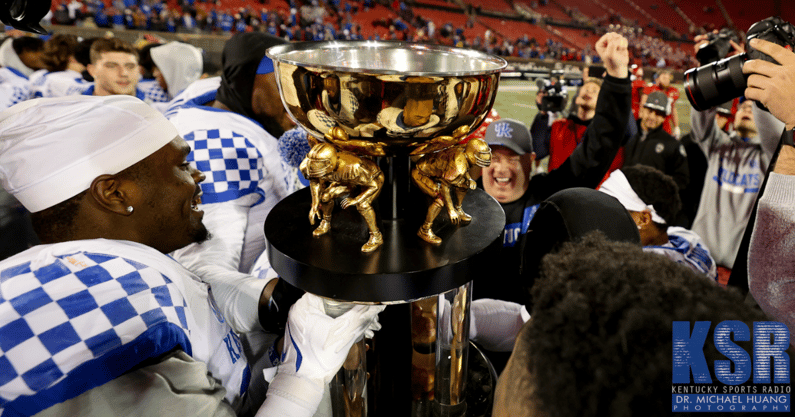
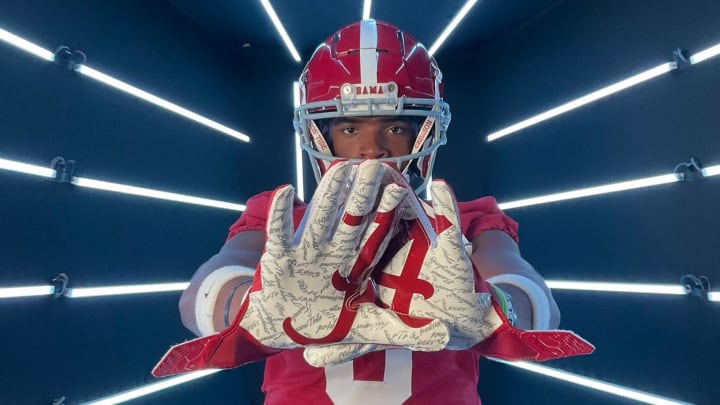
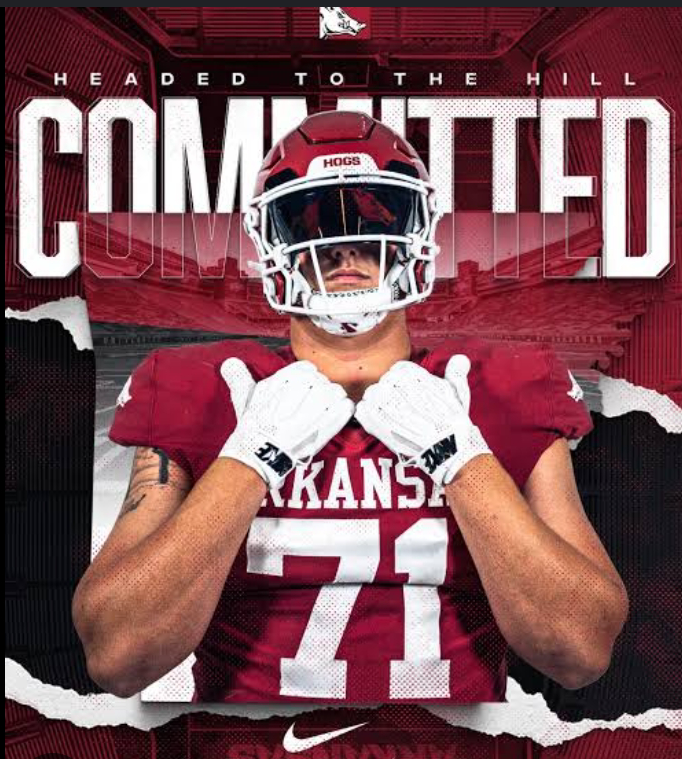
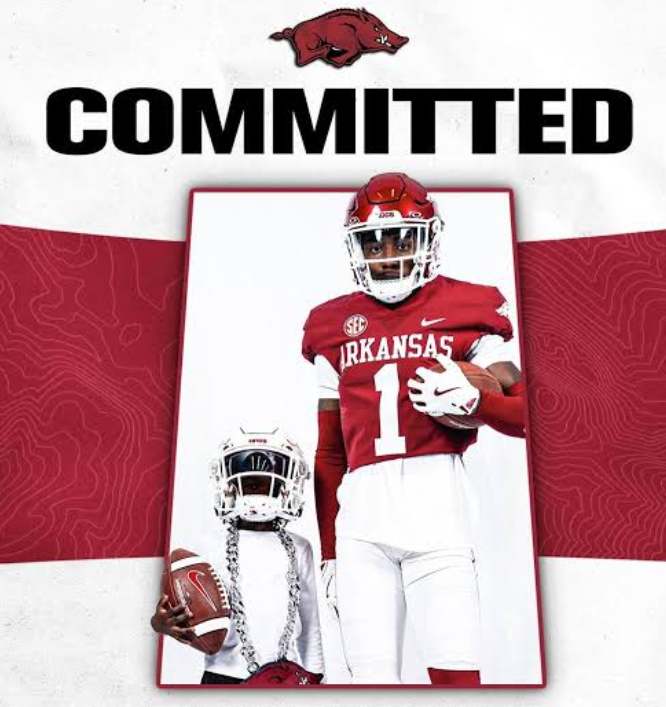
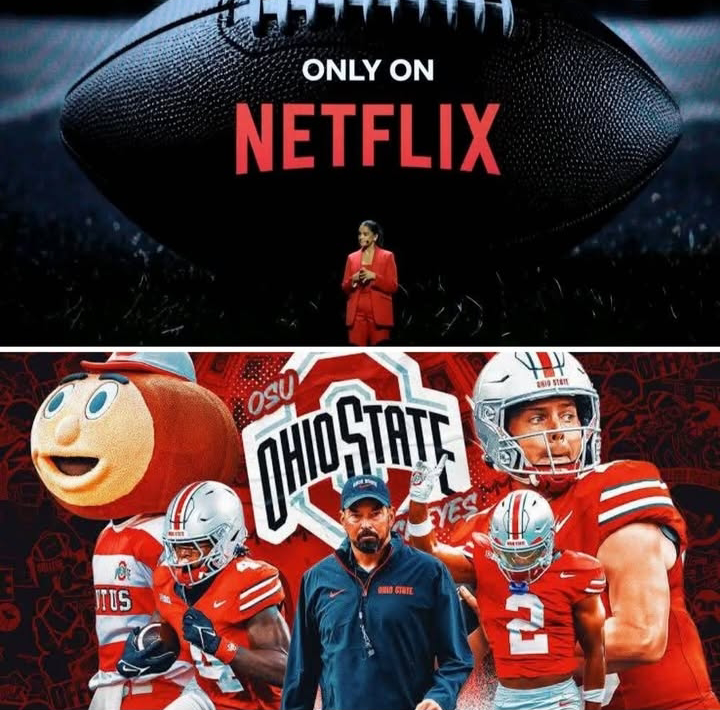
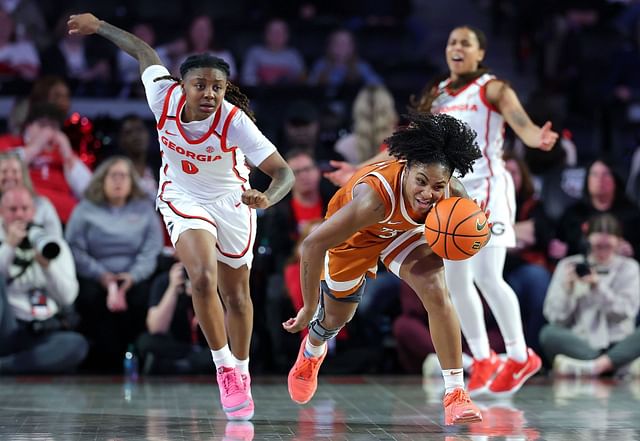
Leave a Reply